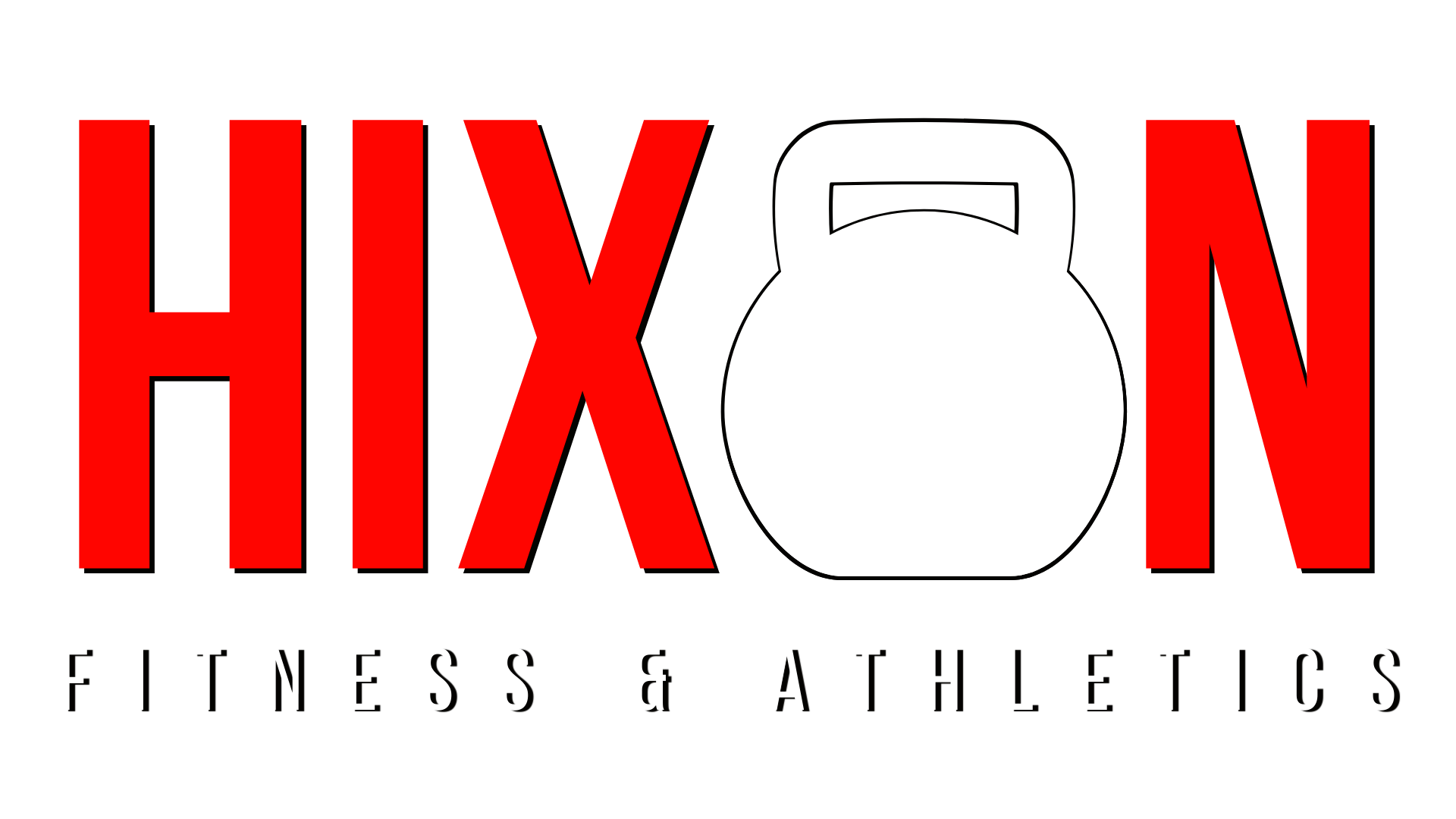Cost of a Sedentary Life
In today’s fast-paced digital world, it’s easy for busy pros to spend most of their day seated: at a desk, in meetings, or glued to a screen. While this may feel like a productivity necessity, the reality is far more dangerous, a sedentary lifestyle is silently draining your health, performance, and relationships.
Let’s break down the true cost of chronic stillness.
1. Physical Health Risks: Sitting is the New Smoking
A growing body of research shows that extended sitting increases the risk of chronic diseases:
Heart disease: According to the American Heart Association, sedentary behavior increases cardiovascular risk by 147%. Even regular exercisers aren't immune if they sit for most of the day.
Type 2 Diabetes: A meta-analysis in Diabetologia revealed that sedentary individuals have a 112% higher risk of developing type 2 diabetes.
Obesity & Metabolic Syndrome: Sitting for long hours slows metabolism, reduces fat-burning enzyme activity, and leads to weight gain, especially around the abdomen.
Cancer: Studies link prolonged sitting to increased risks of colon, endometrial, and lung cancers.
2. Performance Deficits: Brain Fog and Burnout
Movement doesn’t just fuel muscles, it sharpens the mind:
Cognitive decline: Physical inactivity has been associated with faster aging of the brain and reduced memory function. One study in Neurology found that sedentary individuals experienced greater brain shrinkage with age.
Lower productivity: Sedentary office workers report more fatigue and mental exhaustion. Even short breaks for standing or walking increase blood flow to the brain and boost energy levels.
Mood disorders: Lack of movement contributes to elevated levels of stress and depression. In contrast, light activity (even walking) releases endorphins and improves mood regulation.
3. Social & Lifestyle Impact: Isolation by Design
Screens and chairs may keep us “connected,” but the irony is that sedentary habits disconnect us from real human engagement:
Reduced social interaction: Excessive screen time (especially during leisure hours) replaces opportunities for real-life interaction, weakening support networks and increasing feelings of isolation.
Sleep disruption: Screen exposure before bed disrupts melatonin production and contributes to poor sleep quality. Poor sleep, in turn, affects emotional stability and social engagement.
Family disconnection: Sedentary professionals often miss out on active time with children, partners, and peers, diminishing shared experiences that nurture strong relationships.
How Much Sitting Is Too Much?
The World Health Organization recommends at least 150 minutes of moderate aerobic activity per week, yet the average adult in the U.S. spends over 10 hours per day sitting. And many busy professionals easily exceed that.
The Bottom Line: Move or Pay Later
Being sedentary may feel like an unavoidable part of modern professional life, but the long-term consequences are too serious to ignore. The good news? You don’t need to overhaul your entire schedule. Small, consistent changes, like standing meetings, walking calls, or 10-minute stretch breaks, create real impact.
Your health, performance, and relationships are shaped by motion. The cost of stillness is high, but the payoff for movement is invaluable.
Action Steps for Professionals:
Set a timer to stand or walk every 30–60 minutes.
Take phone calls while pacing.
Use a standing desk or balance board.
Schedule movement into your calendar like any other meeting.
Make social plans that involve activity such as walks, pickleball, or even backyard games.
Invest in movement. Your future self will thank you.
Ready to take the next step toward a more active, balanced life?
If today’s article hit home, you’ll want to explore how The Hixon Method helps busy professionals like you integrate movement into real life without the overwhelm. Our next blog breaks down the philosophy, structure, and tools behind Argos so you can decide if it’s the right fit for your goals.


